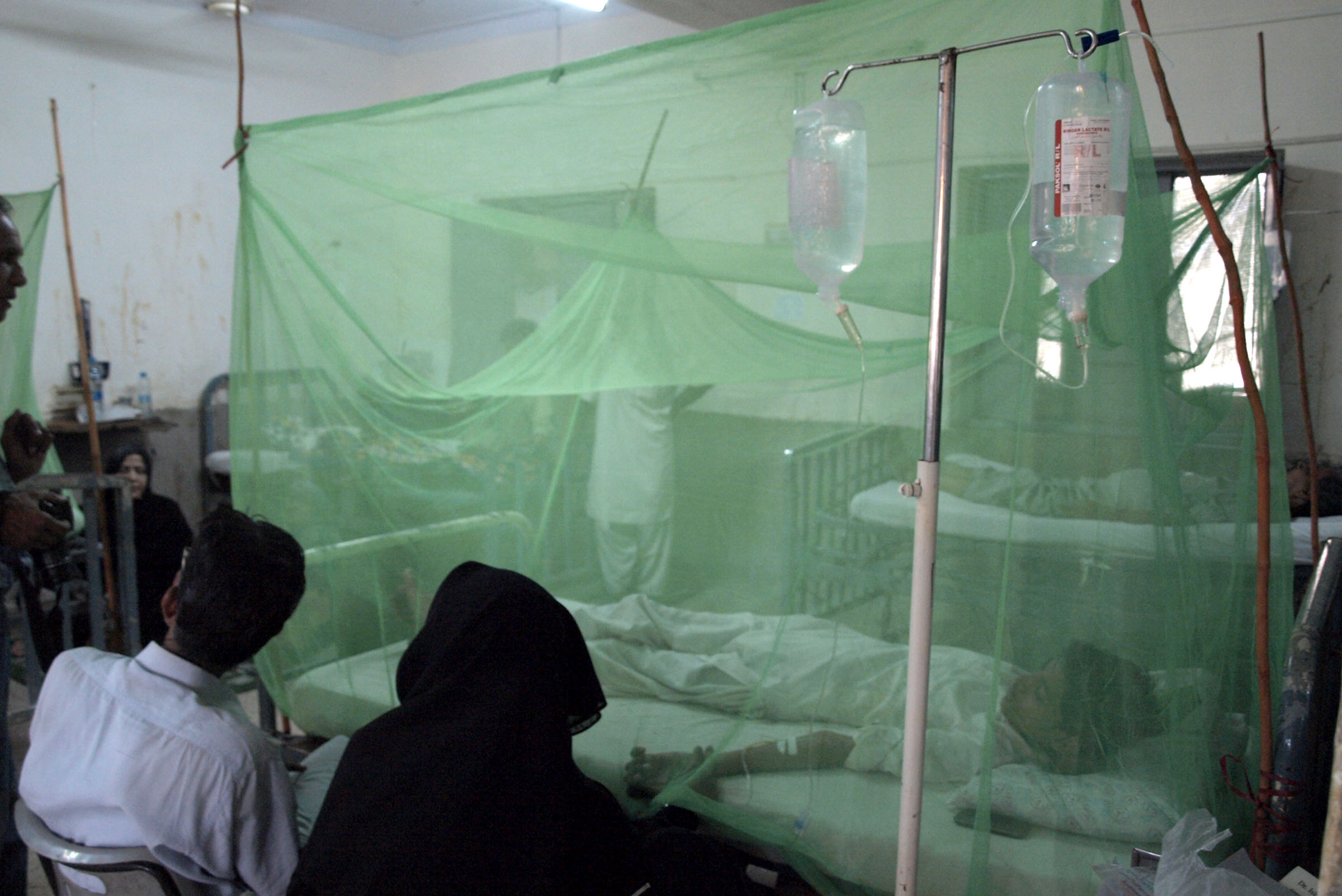
Dengue fever has begun to spread again in the provincial capital.
The disease has stalked the residents of Lahore for the past six consecutive years and the prevalence of dengue larvae is on the rise again due to a poor preventive strategy of the health department and district administration officials.
The authorities concerned now face the challenge of keeping the spread of dengue in check during the coming months.
He record of the past six years shows that dengue fever begins spreading mostly in the monsoon season and lasts till December.
Between August and December 2016, at least 1,107 dengue cases were reported in the city, and larvae were found at 73,124 places. The areas where dengue larvae were found included Ravi Road, Qila Lachhman Singh, Badami Bagh, Khokhar Pind, Band Road, Kasurpura, Karim Park, Mohni Road, Bilal Ganj, Habib Park, Lorry Ada, Sabzi Mandi, Tilak Nagar, Krishan Nagar, Chauburji and Moj Darya Road. Mozang, Samanabad, Jail Road, Gulshan Ravi, Gulshan Iqbal, Iqbal Town, Sabzazar, Johar Town, Railway Station, Garhi Shahu, Shadbagh, Misri Shah, Lakhodair, Habibullah Road, Railway Colony, Mughalpura, Garhi Shahu, Mughalpura, Harbanspura, Tajpura, Upper Mall, various DHA phases, Daroghawala, Manawan, Garden Town, Raiwind and Ferozepur Road were also affected.
In 2017 and 2018, the health department and district administration launched timely anti-dengue campaigns and took steps to eradicate the larvae due to which the number of patients decreased.
In 2017, only 74 dengue patients were reported and larvae were found at 81,864 places. In 2018, only 16 dengue patients were reported and the prevalence of dengue larvae decreased by 50 per cent to 40,457 places.
In 2019, there appeared to be a lack of interest in the work by the departments concerned. As a result, 825 dengue patients were registered and the larvae were found at 99,771 spots.
In 2020, the situation improved as dengue larvae were found at 85104 places and 149 citizens were afflicted.
Last year, the officials concerned of the health department and district administration did not take responsibility for the destruction of dengue larvae, due to which the number of patients increased.
After the monsoon last year, dengue larvae were found at 123,144 places and as many as 19,942 patients was reported. The figure is the highest in the past six years.
However. during the ongoing year, dengue has begun spreading already.
So far, dengue larvae have been found and exterminated at 13,769 spots, while 50 people have been affected by the disease. The dengue fever is likely to spread further in the coming monsoon season.
District Health Officer Muhammad Aslam told The Express Tribune that Lahore had been divided into 10 zones by the health department for measures to prevent dengue.
There were 7,000 hotspots identified in the city where dengue larvae were found but now the number has reached 35,000.
The official said 3,147 teams had been formed for the prevention of dengue larvae, which had carried out spray in 8,000 places to kill dengue mosquitoes.
In the monsoon and afterward, if more teams are needed to stop the breeding of dengue mosquitoes, then people would be recruited temporarily for the task.
Additional Commissioner Dr Mujtaba said monitoring of more than 3,000 teams was also under way so that dengue larvae could be eradicated from hotspot areas and citizens could be protected.
Published in The Express Tribune, May 28th, 2022.

1732013245-0/now-you-see-me-(1)1732013245-0-405x300.webp)
1730959638-0/trump-(19)1730959638-0-165x106.webp)



1732002687-0/Untitled-design-(11)1732002687-0-270x192.webp)

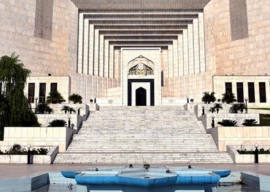
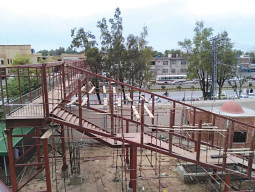


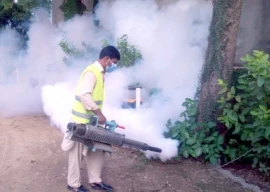
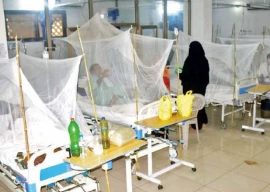
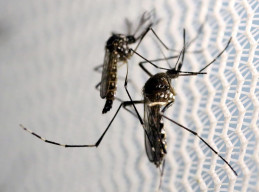






COMMENTS
Comments are moderated and generally will be posted if they are on-topic and not abusive.
For more information, please see our Comments FAQ